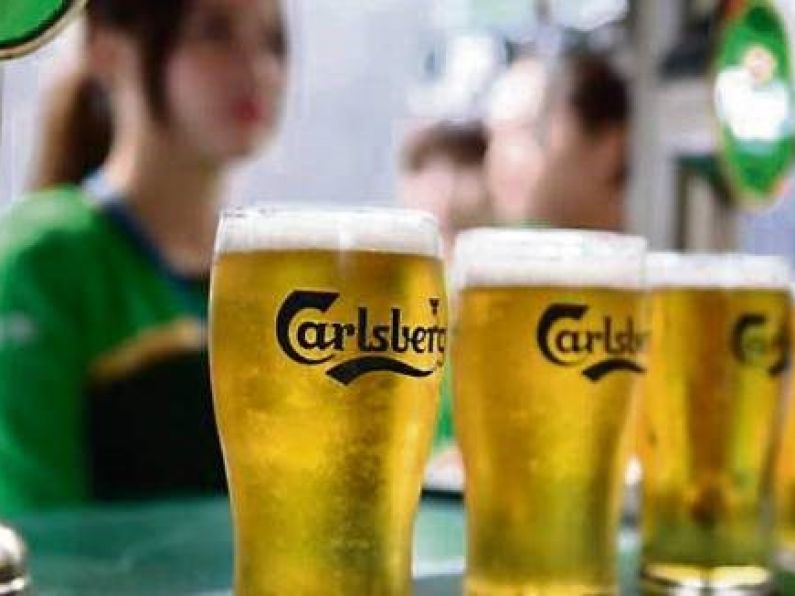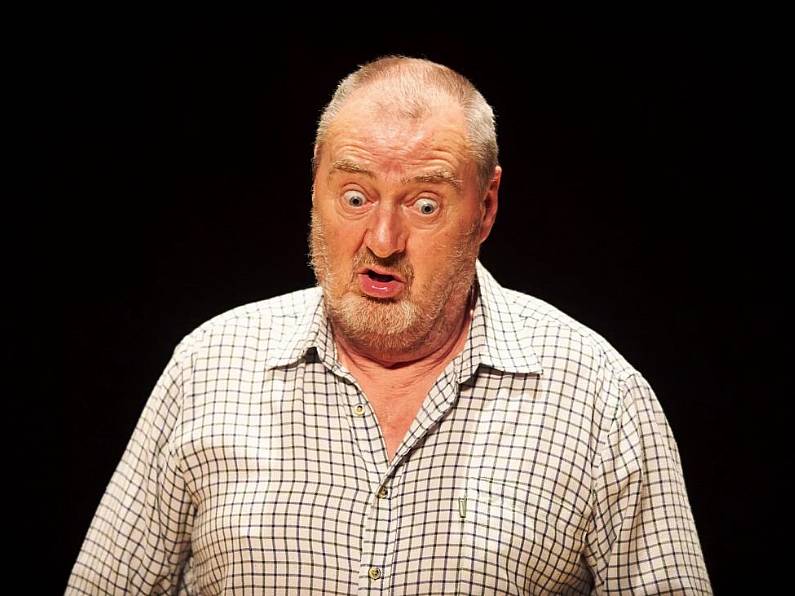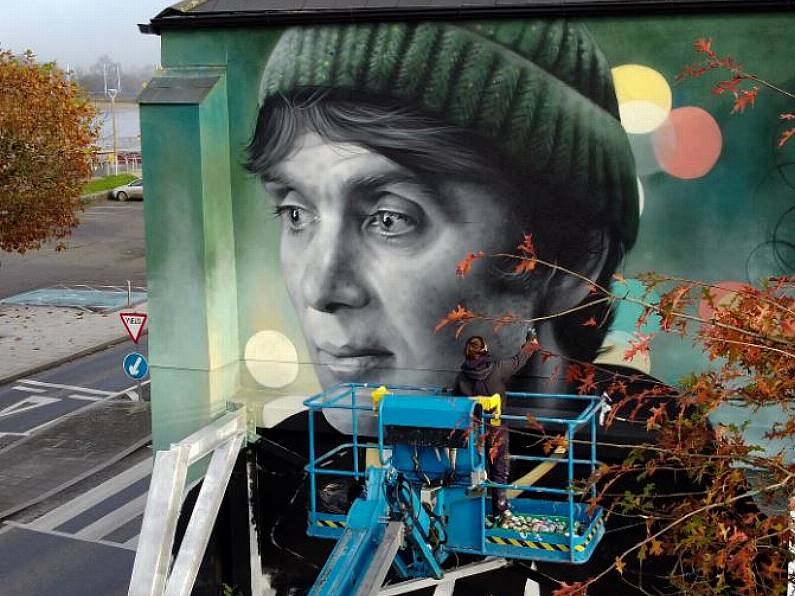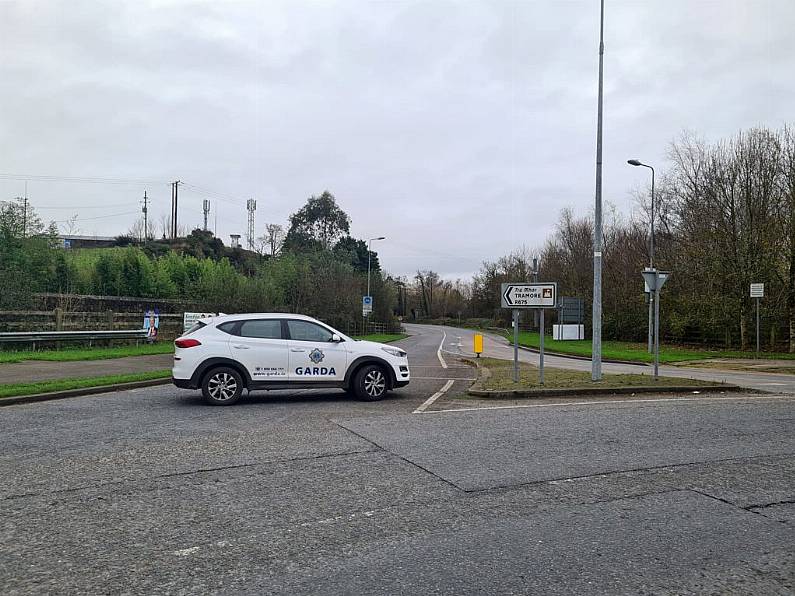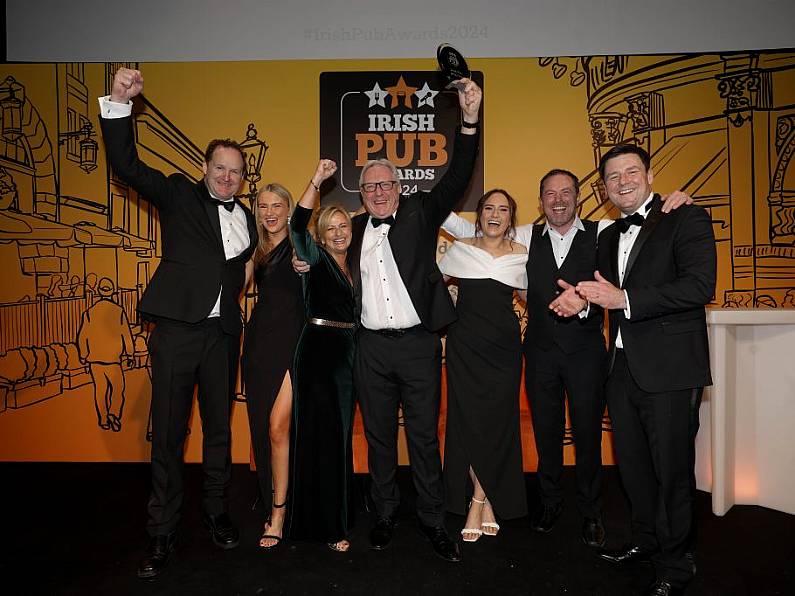By Pádraig Hoare
Vintners have joined hoteliers and tourism bodies in claiming jobs are at stake if the Government hikes the Vat rate on hospitality from 9% to 13.5% in the budget.
Any move to increase the rate “could do lasting damage to the growing pub food trade, impacting on pub jobs across the country”, according to the Licensed Vintners Federation (LVA) and the Vintners’ Federation of Ireland (VFI).
Chief executive of the LVA, Donall O’Keeffe said: “There has been sizeable investment made by publicans to improve their facilities, broaden their menus and employ additional staff.
“It could do lasting damage to our food service offering at a time when the sector is already under pressure due to Brexit.
"During this period we need consistency and we need to maintain our current food prices.”
Chief executive of the VFI, Padraig Cribben said: “There are now approximately 58,000 people working in Ireland’s pub trade, with a significant portion of that number focusing on food service.
"There have also been employment opportunities generated by the increased numbers coming to pubs, thanks to the strong value food offering.
“Increasing the Vat rate spoils that value, which will have a knock-on effect on the number of customers and the number of jobs available.
"The solution is simple, maintain the current Vat rate and protect Irish pub jobs.”
The calls come despite the fact that hotel room prices have surpassed Celtic Tiger levels and that the exchequer is missing out on €500m yearly from the tax incentive.
According to Department of Finance figures, estimates show that restoring the 13.5% rate for all businesses favoured by the lower rate since 2011 would result in an additional €527m in revenues to the State.
Reducing the 13.5% Vat rate, to 9%, was originally envisaged as temporary to bolster industries ravaged by the recession.
It has cost the State €2.7bn since its introduction, according to the department assessment.
Opponents of retaining the 9% rate say that it has more than met its original target and that it should be removed, now that the hotel and tourism industries are thriving.
